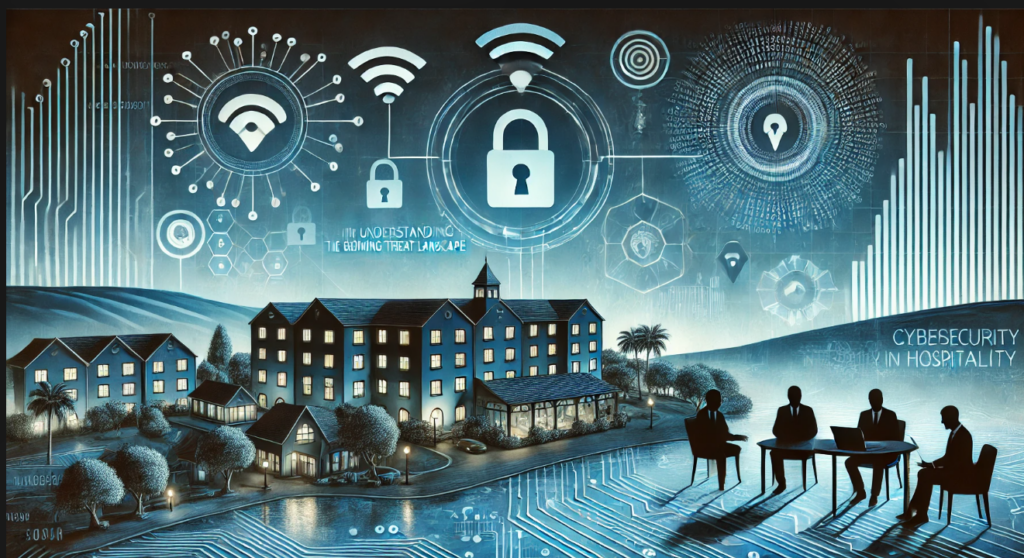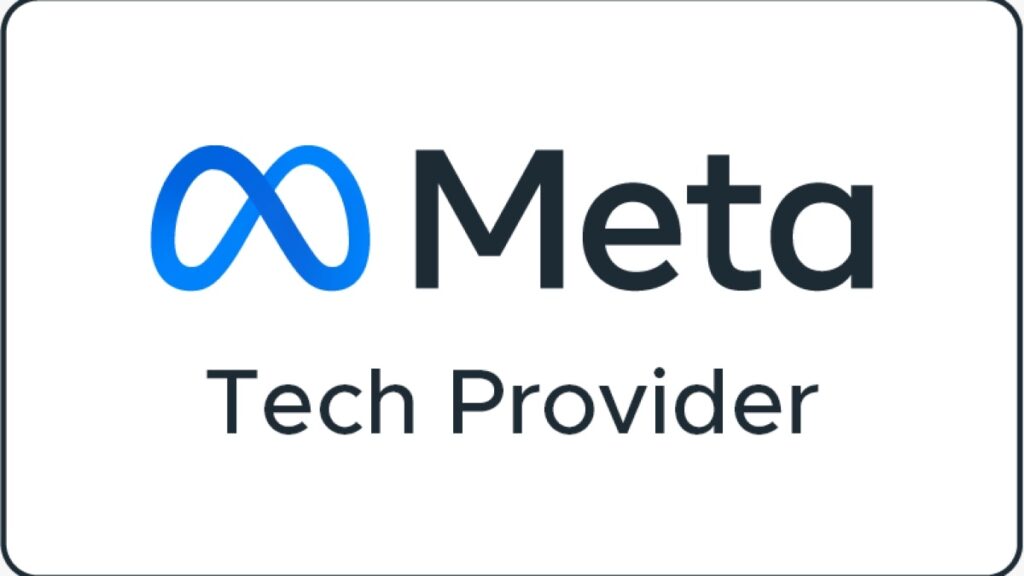Blog
Cybersecurity in Hospitality: Understanding the Growing Threat Landscape
- By admin_convo
- No Comments
Cybersecurity in Hospitality: Understanding the Growing Threat Landscape
Guest comfort has always been the forte of hospitality industry; and the same is true of seamless experiences and premium service. But in the digital world, this industry has become a favorite target for cyber criminals. According to the statistics, the cybersecurity threat landscape in the hospitality sector is expanding at an exceptionally fast pace, from ransomware to data breaches.

With the industry relying more and more on AI chat and conversational AI tools to manage operations and data around guests,
Why Hospitality Industry Is Being Targeted
Hospitality businesses, such as hotels, resorts, and airlines, process vast amounts of sensitive customer data, including:
Personally Identifiable Information (PII): Names, addresses, contact details.
Financial Data: Information such as a credit card number collected during a booking.
Travel Details: Room preferences, itineraries and special requests.
It’s the appeal to cybercriminals, as the industry is built on interconnected systems and doesn’t have very good cybersecurity measures. With more than 75 percent of hospitality businesses reporting to have suffered data breaches, they are one of the most vulnerable sectors to cyberattacks, according to a report by UpGuard.
Hospitality Cybersecurity Key Threats
- Ransomware Attacks
In the hospitality industry, ransomware attacks have become more and more common. Cybercriminals infect systems, encrypt data necessary to the company’s operation, and demand payment for the release. In many cases, businesses are forced into operational shutdowns and damage to their reputation.
- Data Breaches
Hospitality companies are a rich source of data to hackers who have massive amounts of sensitive data stored on their systems. Guest Information can also be compromised during a breach leaving guests susceptible to identity theft and financial fraud. Data security is further complicated by the recent rise of third party booking platforms.
- Phishing Attacks
Persistent is phishing emails targeting employees or guests. They create convincing messages to get login credentials or financial information they can use to get into systems they shouldn’t be in.
- Internet of Things (IoT) Vulnerabilities
Smart devices and inclusion in the IoT of connected locks, thermostats and entertainment items to name a few, bring in new vulnerabilities. Poorly secured devices can be infiltrated by hackers that then use them to exploit wider networks.
- Insider Threats
There are many things that could cause security breaches, if disgruntled employees, or poor handling of data by staff, for example. A big part of cybersecurity in hospitality is insider threats.
- AI related threats:
As AI chat tools become an integral part of managing bookings, customer queries, and even guest services, they also introduce new vulnerabilities if not properly secured. These AI chat platforms can be a gateway for cybercriminals if left unchecked
Combating cybersecurity threats in Industry
- AI and Machine Learning investment
Tools are being developed that use AI chat and machine learning to detect and respond at the speed of real-time to potential threats. They monitor unusual activity and raise the alarm when something might have breached before it damages anything. Many leading hospitality brands are integrating AI chat platforms to enhance their cybersecurity measures. These AI chat tools can quickly analyze system behavior and provide early alerts to suspicious activity. Additionally, AI chat systems are constantly evolving to become more adept at handling complex cyber threats. This real-time threat detection is powered by AI chatbots, which can also be used to provide automated responses to common security inquiries.
- Zero Trust Security Frameworks.
Under a Zero Trust approach, by default no user or device is trusted, even if it’s inside the network. Leading hospitality brands are adopting this framework to secure their systems.
- Enhanced Employee Training
It is essential to educate staff on how to recognize phishing emails, to secure devices and how to handle guest data responsibly. Awareness is now being improved by many organizations by having regular training sessions and simulations.
- Blockchain for Data Security.
As a way to secure transactions and data exchanges, blockchain technology is being explored to create tamper proof records.
- Multi Factor Authentication (MFA)
Adding in MFA provides an additional layer of security, since you have to verify your identity in a different way which limits the chance of unauthorized access.
Case Studies: The Cost of Cyber Negligence
- Marriott Data Breach
In 2018, data breach of over 500 million guests was suffered by Marriott International, one of the biggest data breaches in history. Names, passport numbers and payment information were hacked, and the hackers were fined $124 million under GDPR regulations.
- Scandinavian Airlines Ransomware Attack
Scandinavian Airlines were hit by a ransomware attack which shut down their booking system for days. The attack not only generated financial losses but also reduced customer trust to a great extent.
- Insider Threat at a Boutique Hotel Chain
A client access sensitive guest information when an employee of a boutique hotel chain access and leaked sensitive guest information. Lawsuits and a dramatic drop in bookings for those properties followed.
Solutions and Best Practices
- Regular Security Audits
Periodic assessments help identify vulnerabilities, and help ensure compliance with industry standards.
- Cybersecurity Infrastructure
Protecting networks involves deploying firewalls, intrusion detection systems, and endpoint protection.
- Implement GDPR, PCI DSS Compliance
Monitor for conformance to the regulatory standards for storage and payment processing.
- Work with Cybersecurity Experts
Working with the best-of-the-breed can serve as partnering with experts like TrueFort or VENZA brings advanced tools and insights to bolster defenses.
- Implement Secure Guest Wi-Fi
Provide different, encrypted, Wi-Fi networks for guests and staff to reduce the chance of a breach.
- End-to-End Encryption
Integrating AI chat features with multi-factor authentication and robust encryption ensures that all conversations, whether from customers or employees, are secured from malicious attacks.
Looking Ahead
With the industry becoming more and more digitized, robust cybersecurity has never been more important. In addition to investing in cutting edge technology, businesses have to invest in building a culture of security awareness within staff and guests. By staying ahead of the evolving threat landscape, the industry can protect its most valuable assets: guest trust and satisfaction.
If you’re interested in learning more about how to improve operational efficiency in hospitality, we have a blog on“How AI Can Tackle Challenges Faced by Hotel Managers”.
Recent Posts
Recent Comments
Company
Follow Us
Email: contact@theconverseai.com
Phone: +91-9982323333
+91-7023084065
A Product by Revti Digital

